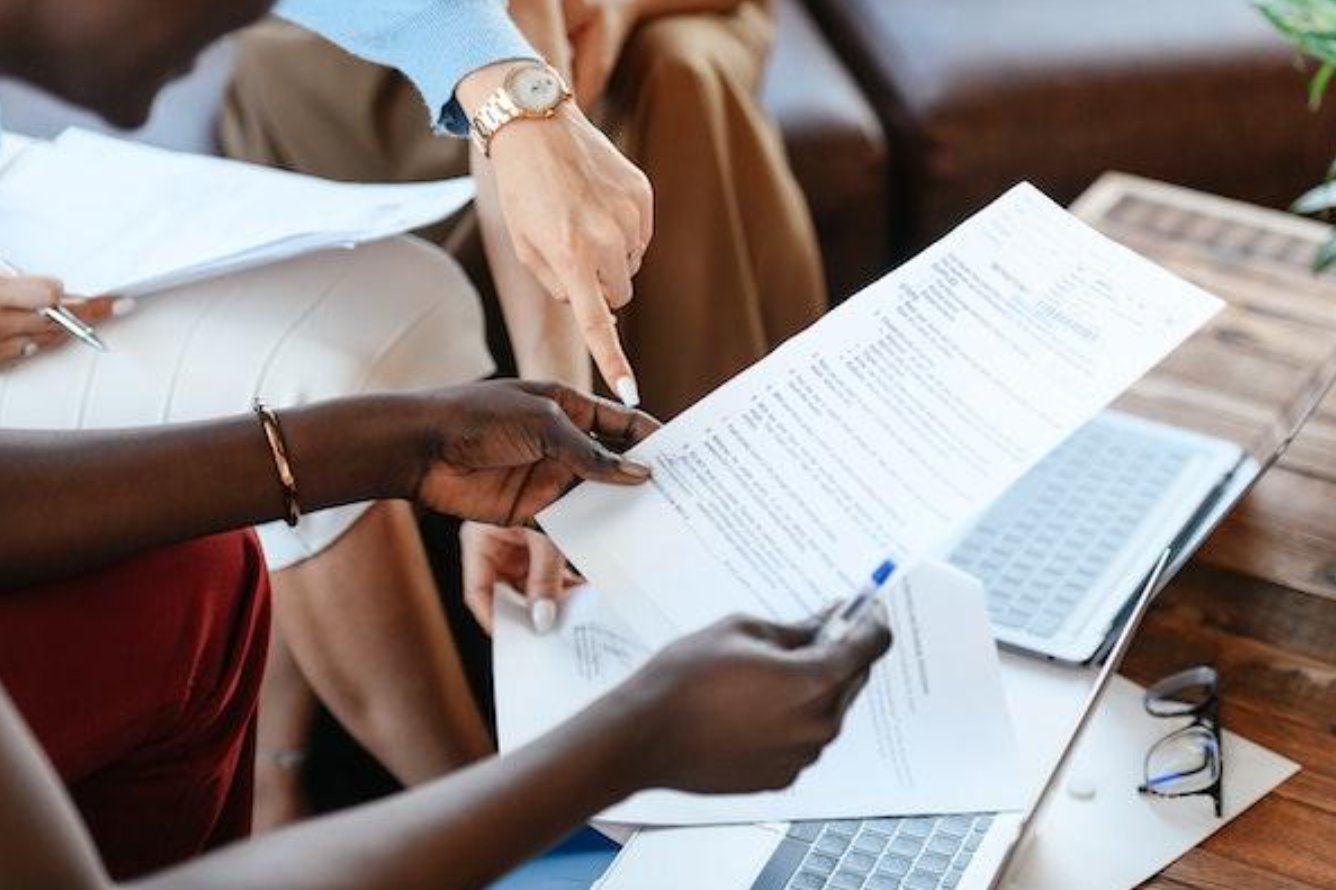I firmly believe that through mentorship and support, we can build the more inclusive industry we want.
Our Impact on Our Clients
It is no secret the legal system in the U.S. operates primarily in English. For non-native English speakers, seeking justice through our legal system can feel impossible. Non-English-speaking women may face even more hurdles due to gender bias, which we know inhibits women from bringing claims and seeking justice. These women often face additional barriers, such as cultural stigmas, limited resources, and a lack of understanding of their legal rights.
In a world where inclusive-language services are often underfunded and understaffed, bilingual attorneys play a crucial role in filling these gaps. Bilingual women attorneys, in particular, are poised to make a significant difference and drive innovation and change.
Fluency in multiple languages empowers lawyers to break down barriers, foster cross-cultural understanding, and drive innovation within the legal profession. This dual capability allows us to communicate more effectively with clients from diverse backgrounds, enhancing client representation and contributing to the development of more creative legal strategies.
Closing the Gender Gap in the Legal Industry
In How Unappealing An Empirical Analysis of the Gender Gap among Appellate Attorneys by Amy J. St. Eve and Jamie B. Luguri, a study released in 2021, the authors found that despite women entering law school at higher rates than men, and despite that men and women are hired into law firms in relatively equal numbers, gender parity doesn’t persist throughout the legal field. Termed a “leaky pipeline” by the authors, they cite a number of systemic reasons why women are not staying in law, from a lack of access to opportunities to higher reports of negative experiences than men.
Though the data is discouraging, bilingual women have an opportunity to drive change in the industry. As women working in the legal profession, we create more inclusive and diverse environments. In a traditionally male-dominated field where English is prioritized, we bring unique cultural insights and perspectives that enrich the legal industry. We also inspire the next generation of attorneys, showing young girls and non-native English speakers that there is a place for them in this field.
Brittnie’s Beginnings
Prior to my legal career, I co-founded a non-profit organization, Festival Santa Catarina, to promote the betterment of the social and economic conditions of the people of Santa Catarina, Mexico. My decade-plus involvement with this non-profit and the Mexican government was transformative, helping me fully appreciate my potential as a bilingual woman, especially as I looked forward to my future as an aspiring attorney.
The process of founding the non-profit was the tip of the iceberg in learning the powers of innovative exploration. I spent months learning the inner workings of the government structure, the people, and their culture. Through my experiences, I fostered a greater appreciation for women-lead change, especially in areas that are historically underrepresented.
This experience, rich with cultural and linguistic immersion, underscored the importance of bridging gaps and advocating for marginalized communities. I learned that my perspective as a bilingual woman was valuable, and that I could use it to effect change. Once I became an attorney, I harnessed this potential to help both English and Spanish speaking clients.
Legal Career
Throughout my career as a personal injury attorney, I have focused on helping the underrepresented. My ability to communicate fluently in both English and Spanish has allowed me to connect with clients who might otherwise struggle to engage with the legal system. This skill has been particularly crucial in my work with minors and incapacitated individuals, where clear and compassionate communication is essential.
Going after some of the largest drug and pesticide manufacturers, I have witnessed how these companies use their wealth and power to intimidate and silence people. For those who don’t speak the language of the law, it is all too easy for them to do so. My fluency in multiple languages has enabled me to make my clients’ voices heard, bringing them the justice they deserve.
While working on a pesticide exposure case that affected children, I was afforded the opportunity to work with many dedicated mothers who were driven to provide the best life possible for their families. As a woman, I felt connected to these mothers and truly understood what it is like to dedicate all their time to a child who requires more attention.
Due to cultural and financial reasons, this specialized childcare is often left to the women in the household. It is frequently a thankless, round the clock job without a break. Additionally, the community I was working with was very new to understanding their rights and needed supportive guidance to understand important legal concepts.
Being able to explain these new concepts to these mothers in the language they were most comfortable in made a significant impact. There was an ease of conversation, not requiring additional time with an interpreter. As a bilingual attorney, I am able to make complicated legalese something more manageable and understandable for them; a true cornerstone of my job. I am proud to relieve some of their burden in this way.
That said, understanding and being able to communicate in another language is only one part of the bilingual puzzle. The most important part is understanding the culture of the people you are working with. An explanation serves little purpose if just to fall on deaf ears. Communication is more than using language to explain a concept; you must understand when and how to convey information, to which party you must address it, and what potential sensitivities a community may have surrounding certain topics.
In addition to the clients I work with directly, I’ve also made strides in helping my colleagues bridge cultural gaps, explaining when to have extra patience, reminding them the importance of explaining concepts through various examples, or providing more time for clients to discuss with their significant other even though they are the only signing party.
My experiences have shown me firsthand the profound impact that understanding and speaking a client’s language can have on their comfort, trust, and, ultimately, their access to justice. It is here, in helping people who would otherwise struggle to obtain the services they need for recompense, that I am most aware of the potential bilingual women bring to the legal field.
Looking to the Future
As professionals, we are at the forefront of legal innovation—our ability to walk across barriers to bring skilled legal representation to underserved communities, all while inspiring the next generation, is our superpower.
For those of us already working in the field, looking for ways to encourage younger attorneys, offering them mentorship, is a great place to start when it comes to filling in the gender gap. Those in firm leadership can commit to diversity, increase training opportunities, and tap into the skills bilingual women attorneys and other legal professionals offer.

Networking was highly prioritized while I was in graduate school, and it has proven to be of continued importance. There is strength in numbers, and a greater strength when you rally strong, innovative women within the industry. Don’t be afraid to put yourself out there and join groups that interest you.
The legal field seems large and perhaps daunting before you enter it, but after you start your career, you realize how many people you know and how many people you can rely on for change. A powerful network is one with diversity and also varying opinions. You should never be afraid to delve into the conversation with the opposing view; it will build you in unimaginable ways.
Part of my experience has included membership in women and Spanish speaking attorney-centric groups. These groups have provided support to many along the way and I aim to continue that with my own involvement. The further I get in my career, the more I pride myself on being available for others along their journey.
I firmly believe that through mentorship and support, we can build the more inclusive industry we want.


Join the conversation!